The Chinese-educated in Singapore in the 70s: Swept up in the winds of change
Singaporean writer Low Pooi Fong leaves watching Kelvin Tong's film Year of No Significance rather disappointed - a film that was to have given voice to the Chinese-educated in Singapore in the late 1970s was not true enough to life. For audiences who were among the Chinese-educated in Singapore or who knew of those who led those lives, perhaps the story was just not hard-hitting enough. Might it take another film for this wealth of material to be mined as it deserves?
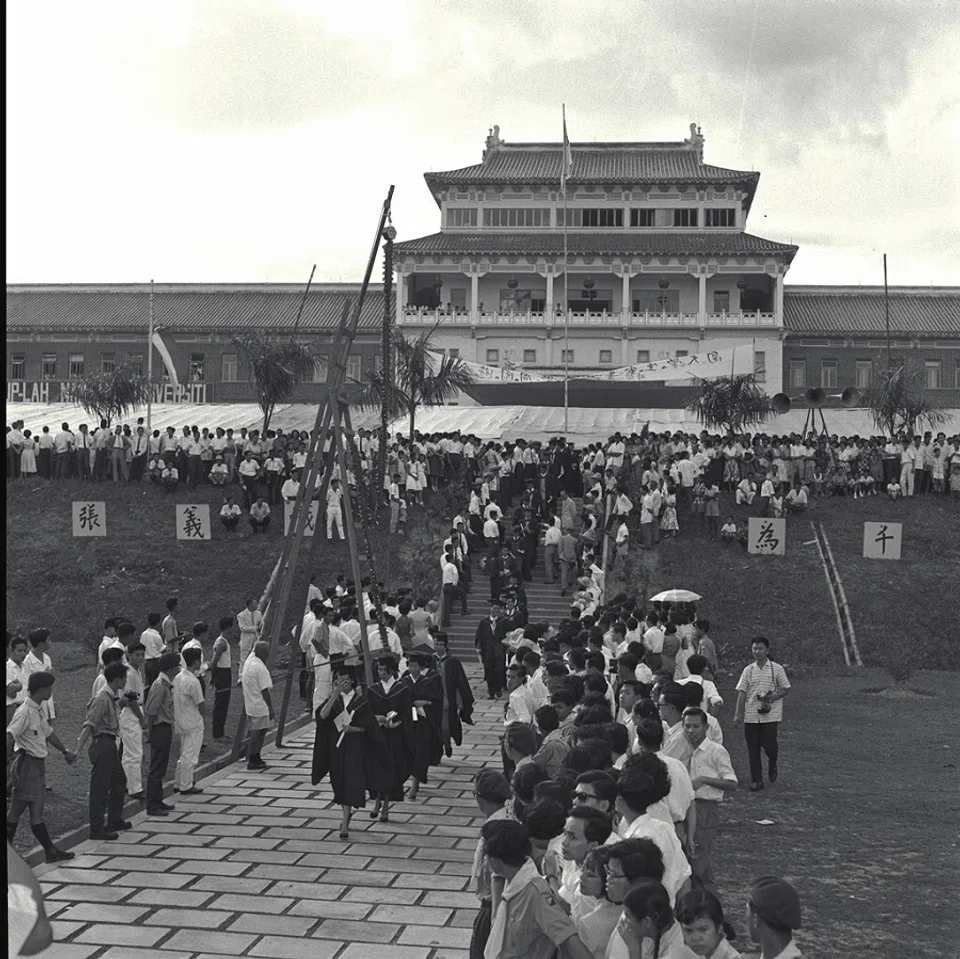
I recently watched A Year of No Significance, a local film that premiered at the Singapore International Film Festival. A myriad of emotions welled up in me after I watched it, and I just had to pen my thoughts down.
The director of the film, Kelvin Tong, wanted to portray the work struggles of Chinese-medium school graduates back in the day. He sought to give voice to the Chinese-educated graduates who were sacrificed in the face of changing language and education policies, and a society that prized the English language.
...having the main character be an architect who graduated from Nantah is a fatal flaw; the university never had an architecture department...
Fictional but to what extent?
The film is set in 1979, and the story unfolds through the life of Lim Cheng Soon (played by Peter Yu), a middle-aged architect and a graduate of Nanyang University (Nantah). Lim is belittled by colleagues and ostracised by people in an environment where English reigns supreme. Lim is also plagued by family problems and a failing marriage, which leaves him perpetually morose and downtrodden.
I believe that the motivations of this film are sincere; the director truly wants to leave behind a historical record of an era that he fears will slowly be forgotten. But I believe he fell short of his goal.
Firstly, having the main character be an architect who graduated from Nantah is a fatal flaw; the university never had an architecture department, so right from the beginning it didn't feel right. Moreover, for someone with an architecture degree who has worked in the field for several years, he should be fairly competent in English - at the very least, he wouldn't need to look up the English phrase for "建筑工地" (construction site).
Of course, this is not a documentary film; I am not saying that the characters and settings cannot be fictional. But since the film is set in a time that actually existed, and the aim is to leave a mark of the true experiences of these people from that era, then I suppose it is entirely reasonable to expect certain basic facts and circumstances to be historically accurate, even as some part of the plot is fictional. The film should not give viewers a false or twisted impression of the times.
Material from real life could have been mined
Tong has said several times that his parents and in-laws were all Chinese-educated, and that after attending many funerals of elders in the last few years, he felt that the people of that era were slowly disappearing. This was why he felt the urgency in telling their story.
Before filming began, he visited several Chinese-educated people. Nonetheless, I found his treatment and interpretation of the film to be superficial and one-dimensional, and lacking in understanding of the emotional realm of the Chinese-educated.
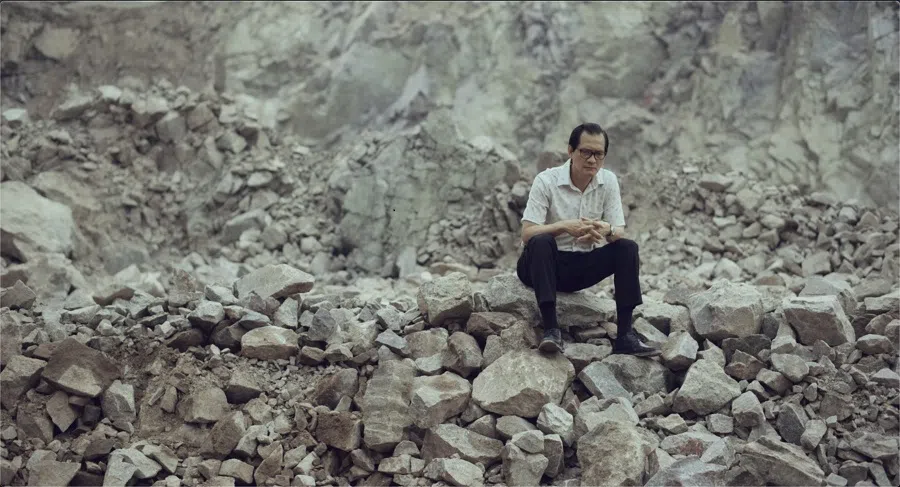
The difficulties, challenges and struggles faced by the Chinese-educated in those years as they toiled in the public and private sectors; the resilience, diligence and fighting spirit they showed as they grappled with the existential battles they faced - there is a host of real-life examples of these situations that are indelible, even gut-wrenching. All these life stories could have provided writers with valuable material.
Perhaps the preparatory work was inadequate, or the production team was unaware of these stories, or it could be due to other factors. Regardless, those precious material, even if dramatically interpreted, did not make it into the film. Perhaps the director is adamant to tell a story that he himself is satisfied with, even if that means it is entirely made up.
For example, back when Chinese-medium schools were shut down, many teachers had no choice but to "change tack" and switch to teaching in English. They were ridiculed by students for their lack of proficiency in the language. During those years, the number of teachers who sought psychiatric help was especially high, and among them, some were unable to bear the intense pressure, and took their own lives. Some Nantah graduates who could not find jobs even chose to bring themselves down a peg, claiming to only be high school graduates so as to be employed at lower positions.
For other Nantah graduates who entered the public service, save for those few who were able to become administrative officers and those who were promoted, most could only take on operational roles, lower positions or tedious jobs that no one wanted to do. And the pain and agony of going all out to improve one's English proficiency is an experience that only those who have been through it will know. Of course, there were also many Chinese-educated individuals who, despite the odds, eventually shone brightly in life.
Tong might have been able to sympathise with the sense of loss experienced by the Chinese-educated, but he said he had no wish to make a film filled with anger and complaints, or an overly dramatised film.
Actually, I never had any expectations that this would be a film filled with fury and resistance. The director could have adopted a subtle and insightful way of storytelling that appeals to both emotions and logic, shedding light on the lives and experiences of those who were sacrificed during this era.
Possible to have emotional depth without being overdramatic
For a story to tug at the heartstrings, it need not be overly dramatic; the sense of undercurrents beneath a sea of calm is often what is even more moving for viewers.
If the filmmaker did not want the piece to be too dramatic, why does Lim's younger brother have an affair with the Chinese tutor of the two children? This part of the film is rather superfluous. Moreover, Lim's wife apparently leaves him suddenly, but Lim visits her residence ever so often to steal a gloomy glance or two - viewers cannot make head or tail of this.

Furthermore, Lim, unhappy with being discriminated against and shunned at work, decides to sell his architecture design proposal to a rival company. Not only does he cause his company to lose the project, but he makes a scapegoat out of the young colleague who assisted him. This is a storyline that is hard for viewers to buy.
Not only that, the scene of four shirtless men in swimming trunks and a female character lying stiffly on a beach singing along to Colourful Clouds Chasing the Moon (《彩云追月》) is both mawkish and awkward, and not at all sentimental. Lastly, for a mother who witnessed her child dying due to falling rocks to react in such a blasé manner, also deviates from reality.
That said, in terms of artistic design and lighting, among other details, the production team went all out. Examples include using condensed milk metal cans tied with ropes for coffee takeouts, as well as the watches, cars, houses (the film was shot in Malaysia, Batu Pahat) and the male lead's use of Traditional Chinese characters in writing his report - all these reflect the 70s.
... how would those who grew up under the English education system - the younger generation whose Mandarin proficiency is getting weaker by the day - feel after watching a film in which the male lead's gloomy disposition is rather off-putting?
It is a pity the male lead's inner character was not developed enough, which made it impossible for viewers to experience his inner world. Only in scenes where father and son had exchanges, when Lim changed the diaper for his elderly father and fed him porridge, did we get a sense of sorrow; it was certainly a relatively touching scene.
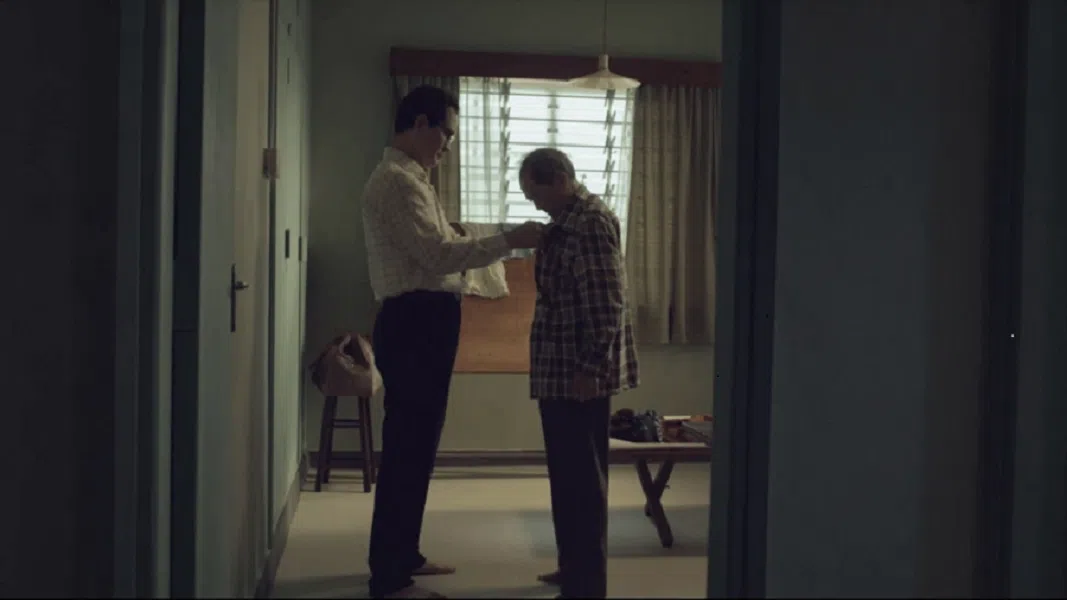
Representing, not just depicting
I am not being cynical, nor am I nitpicking, but I am sorry to say that for the Chinese-educated who walked through those times, as well as for those who did not experience that era but nevertheless had a sense of the emotions and cultural mentality of the Chinese-educated then, almost all of us found it hard to agree and identify with A Year of No Significance.
Observing the conversation on social media after the film was released, those who sang praises of the film were mainly youths, those who were completely English-educated, or those who had no understanding of that era. Though the plot was fictional, it was based on a time that truly existed; how would those who grew up under the English education system - the younger generation whose Mandarin proficiency is getting weaker by the day - feel after watching a film in which the male lead's gloomy disposition is rather off-putting? One would never know.
The film depicts a story set in 1979, which was the year that Chinese-medium schools were abolished in Singapore one after the other, and Nantah closed down in the following year to merge with the University of Singapore. The Speak Mandarin Campaign also started in 1979, and the government decided to give nine traditional Chinese-medium schools the status of Special Assistance Plan schools (years later, the number was increased to 11). Against such a historical backdrop, there were without a doubt many extraordinary stories that could have precious material for filmmakers to draw from.
Silent but not weak
The director's inspiration for the film's English title "A Year of No Significance" came from American historian Ray Huang's English book of the same name (Chinese title:《万历十五年》 Wanli shiwu nian). The book spoke of the year 1587, when the Wanli Emperor was in power during the Ming Dynasty, which appeared on the surface to be a period of peace, when in fact there were intense undercurrents; it was to be the year the Ming Dynasty began its decline. The director's use of the title of this book as the English name for the film is a hint of how 1979 was, for Singapore, a year of great change.
... the sorrow and sacrifice of the Chinese-educated were reflected in more than the workplace; they faced unfair treatment in public life and societal structure as well, and at an even bigger magnitude, they witnessed the great decline of their mother tongue, their culture, and their traditional values.
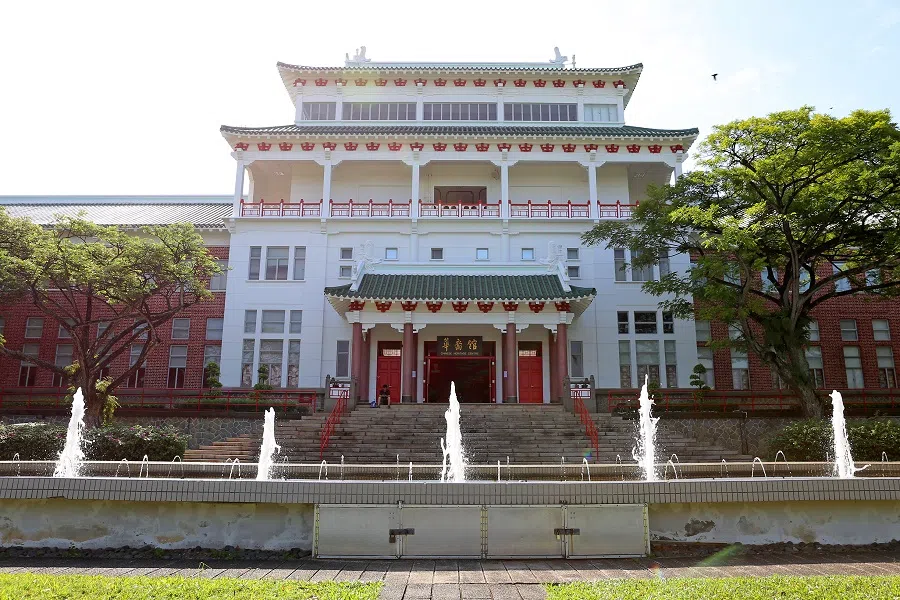
As for the film's Mandarin title《大风吹》 (Da feng chui, lit. great winds blow), the inspiration came from a game well-loved by children and adults alike, and had no relation to the English title. But could it also be a foreshadowing of how the cold, merciless winds were blowing up a storm on Chinese education and the state of culture and language?
This was a film that the director took 20 years to conceptualise. However, it did not capture the spirit and energy of that era to my expectations.
In truth, the sorrow and sacrifice of the Chinese-educated were reflected in more than the workplace; they faced unfair treatment in public life and societal structure as well, and at an even bigger magnitude, they witnessed the great decline of their mother tongue, their culture, and their traditional values. They were powerless and helpless, and could only sigh at the state of affairs. Branded the "silent majority" by the people, they were silent but not weak. However, I think this is an area that the film did not plan on delving into, though I think the issues could have been explored in a flexible and lively way.

Perhaps the only aspect that was relatively moving would be the classic late-70s song that served as the end credit song for the film - the melodious Autumn Wind (《秋风》), originally sung by Tracy Huang (黄露仪). For the film, it was covered by a singer with deep voice, and the lyrics matched the theme and concept of the Mandarin title of the film (《大风吹》):
The autumn wind blows up the fallen leaves
The hesitant me paced back and forth along the intersection
Right or wrong, I do not know
Is my fate playing tricks on me
The blue sea is not calm
My emotions are as turbulent as the waves
Love or hate, I do not know
I can never seem to forget what happened in the past
Come, come... return to me my sweet love
As the sun sets in the west
Why do you, the heartbroken, appear at the horizon
Indeed, the great winds blow, but what do they blow at? The winds rush at the disappointment and silence of the Chinese-educated, blowing on the Mandarin Chinese language educators who have tried their best and could live proudly, while also blowing on the many who were long tired of discussing the fate of the Mandarin Chinese language, and yet were nevertheless caught up in the storm of it all...
This article was first published in Lianhe Zaobao as "大风吹,吹什么?".
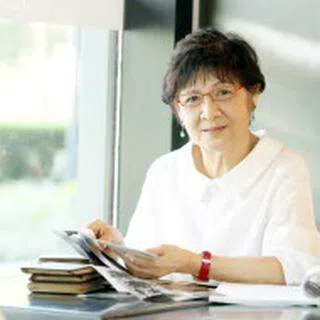


![[Big read] When the Arctic opens, what happens to Singapore?](https://cassette.sphdigital.com.sg/image/thinkchina/da65edebca34645c711c55e83e9877109b3c53847ebb1305573974651df1d13a)
![[Video] George Yeo: America’s deep pain — and why China won’t colonise](https://cassette.sphdigital.com.sg/image/thinkchina/15083e45d96c12390bdea6af2daf19fd9fcd875aa44a0f92796f34e3dad561cc)
